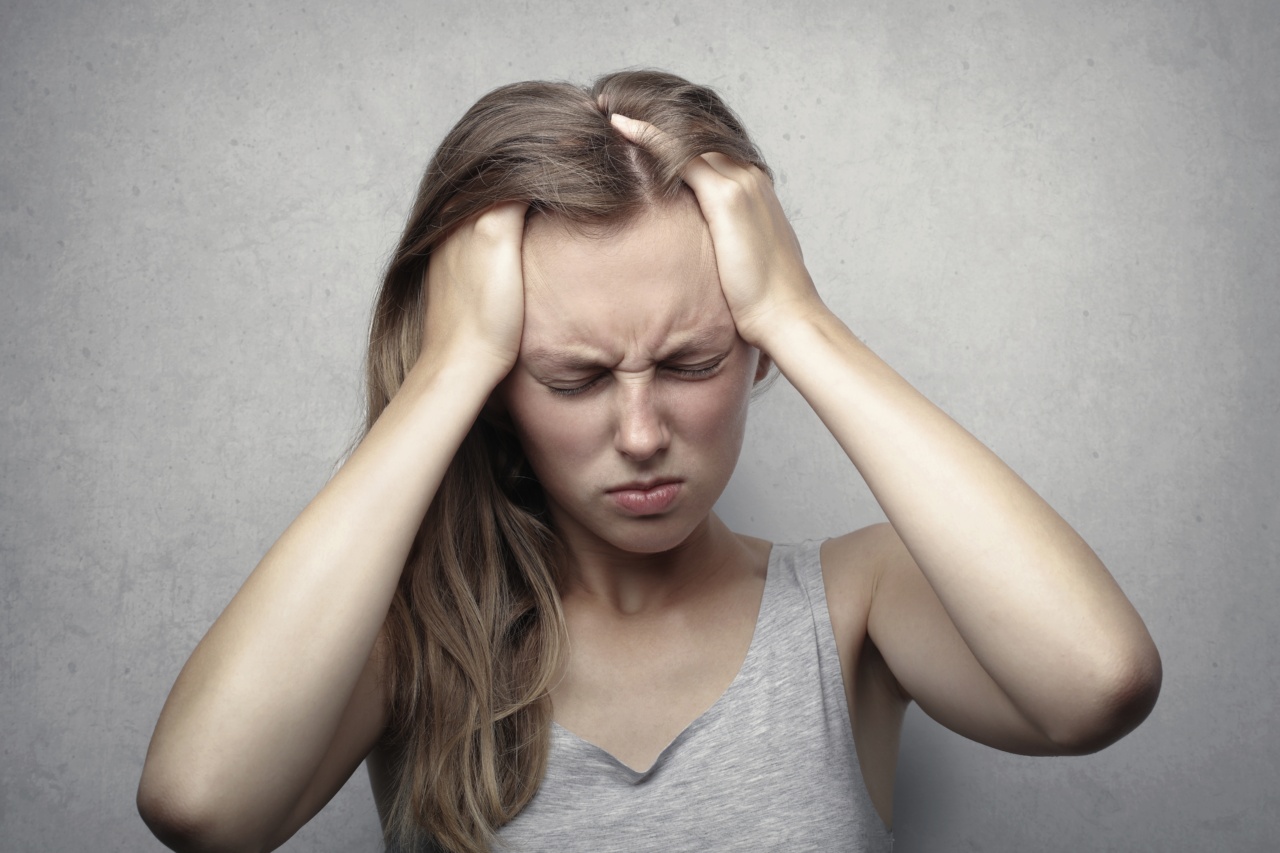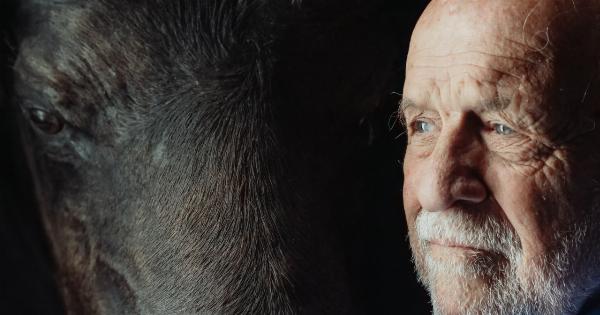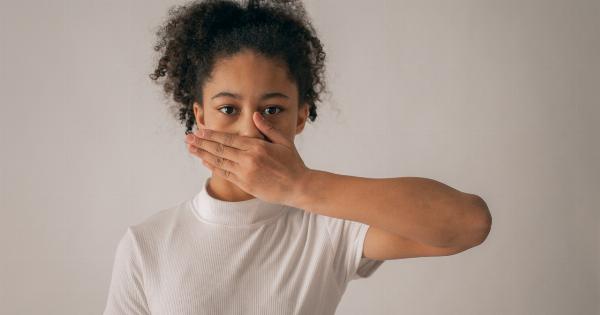Gray hair has been a sign of aging for centuries. Yet, have you ever wondered why some individuals experience gray hair earlier than others? While aging is the primary reason hair turns gray, there have been discussions about stress causing gray hair.
In this article, we will be discussing whether stress causes gray hair or if it is just a myth.
What Causes Gray Hair?
To comprehend the impact of stress on hair, it is crucial to know what causes hair to turn gray. Hair turns gray as a natural part of aging. Every hair follicle has pigment cells known as melanocytes that produce pigment.
The pigment provides the hair color, and as individuals age, these melanocytes start to decrease, leading to less pigment in the hair, resulting in gray hair.
The Impact of Stress on Hair
Stress has become a common theme in people’s lives, and it can have a variety of effects on the body, including on hair. Stress can lead to hair loss, but there isn’t much research to indicate that it causes gray hair.
According to the American Academy of Dermatology, stress can also trigger hair-pulling in individuals who have a condition known as Trichotillomania.
Moreover, stress can result in an autoimmune disorder known as alopecia areata, an autoimmune disease that can cause patchy hair loss.
Gray Hair and Genetics
It is vital to mention that genetics play a significant role in determining when hair turns gray. Genes are responsible for the production and characteristics of melanin that provide hair with pigment.
Therefore, if someone’s parents have grey hair, it is likely the offspring will also have early onset gray hair.
Stress and Telomeres
There are some recent studies that have linked stress to physical changes in the body. One of them is telomeres’ shortening, which is the protective end caps at the end of chromosomes.
Telomeres decrease as people age, which can lead to genetic instability. Studies suggest that stress experienced in individuals with shorter telomeres can cause hair to turn gray prematurely. However, more studies are required to confirm this hypothesis.
The Study on Stress and Gray Hair
In 2013, a study was published in the journal “Nature”, studying how stress causes the hair to turn gray.
The researchers made use of mice and found out that extreme stress such as sudden shock or extreme pain can damage the group of nerves that produces pigment. The study led to a hypothesis that there is a connection between the nerve system and stem cells responsible for the production of melanocytes. When the stem cells undergo stress, they stop producing melanocytes, causing gray hair.
However, the study was purely experimental, only done in mice, and has not been conducted on humans. Hence, the theory is yet to be confirmed in humans.
The Myths of Gray Hair
There are several myths about what causes gray hair. One of the most common among these myths is that stress is responsible for early onset of gray hair. Other factors include:.
- Plucking gray hair causes more gray hair to grow back.
- Gray hair is thicker than colored hair.
- Hair turning gray is a sign of wisdom.
The Truth about Gray Hair
While myths about gray hair are prevalent, there are a few truths worth knowing.
- There is no way to reverse gray hair entirely.
- Gray hair is not always indicative of poor health, but it’s just a natural process of aging.
- The age at which an individual’s hair turns gray is mainly dependent on genetic factors and not stress.
Preventing Gray Hair
Preventing gray hair is nearly impossible. However, there are steps that individuals can take to ensure their hair remains healthy and prevent those few grays from standing out too much:.
- Implementing a healthy diet that includes foods rich in vitamins and minerals.
- Practice healthy hair habits, such as regularly washing hair and avoiding too much heat and chemicals.
- Reducing stress through various tactics like exercising or meditation.
- Some natural remedies have been known to help, like sage tea, that may darken hair.
- Using hair dyes is always an option for those who want to cover gray hair.
Conclusion
Stress does have a profound impact on the body, from the digestive system to the immune system. However, when it comes to the impact of stress on hair, particularly causing gray hair, the jury is still out.
While there is some correlation between stress and hair loss, there isn’t much evidence to confirm a link between stress and premature aging of hair. While hair turning gray is a natural process of aging, genetics play a vital role in its occurrence. Therefore, premature gray hair is mainly dependent on an individual’s genetics, not always stress.



























